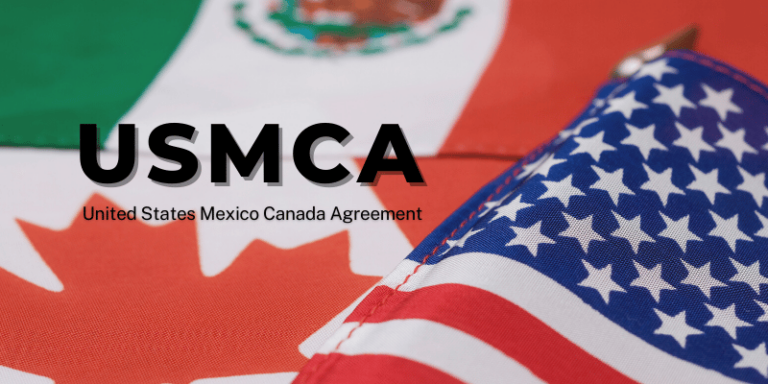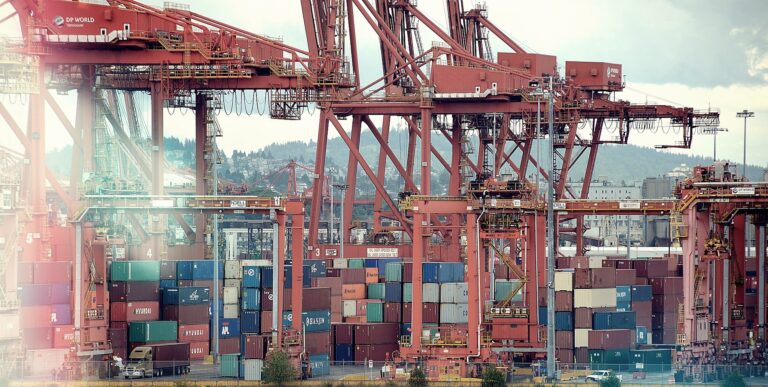Which Way for Huawei?
[vc_row][vc_column][vc_column_text]
It’s not surprising that Chinese telecommunications equipment vendor Huawei Technologies is back in the headlines. Most export control proceedings take place outside the spotlight, perhaps getting a brief mention at most on the business page. The new restrictions on Huawei differ because they have widespread impact and fit nicely into the ongoing Trade War with China theme. Here’s what’s been happening.
Huawei’s problems erupted in December 2018, when the firm and its Chief Financial Officer were indicted for bank fraud. At risk of oversimplifying things, the criminal allegation is that the company misled financial institutions by claiming that it neither had an affiliate in Iran nor conducted illegal business there. As a result, those institutions were induced into processing money transactions that were prohibited under the Iranian Transactions and Sanctions Regulations issued by the Office of Foreign Assets Control. Huawei’s activities further caused unlawful exports of “banking and other financial services from the United States to Iran and the Government of Iran.”
No Way
On May 21, 2019, the Bureau of Industry and Security placed Huawei and “sixty-eight non-U.S. affiliates of Huawei located in twenty-six destinations” on the Entity List. This list identifies persons “involved in activities that are contrary to the national security or foreign policy interests of the United States and those acting on behalf of such persons.” Given the egregious activities alleged in the indictment, Huawei and its affiliates seem to meet that standard.
The consequence of Entity List designation is that “exports, reexports, or transfers (in-country) of items subject to the EAR involving these entities” are prohibited without a BIS license. The stated policy of denial means that such licenses likely will be few and far between. No unlicensed shipments of covered goods, however innocuous, are permitted.
Whether an item is within the license requirement depends on whether it is “subject to the Export Administration Regulations.” Determining the scope of coverage may be particularly challenging for companies located outside the United States, which now must pay closer attention to the origin of items they plan to sell to Huawei or its affiliates. A similar challenge applies to foreign manufacturers that incorporate U.S.-origin content on their products. If vendors of application software to Huawei have not yet evaluated whether their products qualify as “published” under 15 C.F.R. § 734.7, now might be an opportune time to do so.
A particularly pernicious feature of the Huawei designation is its effective date of May 16, 2019, the date of its announcement on the BIS website. Mitigating the harshness of this provision is the “savings clause” that excludes from the license requirement “Shipments of items . . . that were en route aboard a carrier to a port of export or reexport, on May 16, 2019, pursuant to actual orders for export or reexport to a foreign Destination.”
Halfway?
Almost immediately after Huawei and its affiliates’ Entity List placement, BIS issued a temporary general license authorizing designated types of transactions through August 19, 2019. The scope is limited to transactions that are:
(1) “necessary to maintain and support existing and currently fully operational networks and equipment, including software updates and patches, subject to legally binding contracts and agreements executed between Huawei [or its named affiliates] . . . and third parties on or before May 16, 2019,”
[/vc_column_text][/vc_column][/vc_row][vc_row][vc_column][vc_column_text]
(2) “necessary to provide service and support, including software updates or patches, to existing Huawei handsets that were available to the public on or before May 16, 2019,”
(3) “disclosure[s] to Huawei and/or [its named affiliates] of information regarding security vulnerabilities in items owned, possessed, or controlled by” them to maintain “the integrity and reliability of existing and currently fully operational networks and equipment, as well as handsets,” or
(4) related to “the development of 5G standards as part of a duly recognized international standards body.
Other transactions fall outside the general license. Parties wishing to take advantage of this authorization should ensure that their transactions do meet the requirements.
In a Bad Way
As if the Entity List designations were not damaging enough, the President issued an Executive Order “on Securing the Information and Communications Technology (ICT) and Services Supply Chain.” It defines certain “information and communications technology or services” supplied by “foreign adversaries” as a national security threat qualifying as a “national emergency.”
The EO prohibits “any acquisition, importation, transfer, installation, dealing in, or use of any information and communications technology or service” that “was initiated, is pending, or will be completed after the date of this order” if it poses a technical or national security threat. The threat determinations will be made by the Commerce Department, in conjunction with a passel of other agencies. In the event of an affirmative determination, Commerce is authorized to
“design or negotiate measures to mitigate” the problems “as a precondition to the approval of a transaction or of a class of transactions that would otherwise be prohibited pursuant to this order.”
In my reading, the EO creates the possibility that a pending or completed transaction may be retroactively prohibited. What the consequences will be if that happens, and how companies anticipate the possibility, will I’m sure be factored into procurement decisions from now on.Although the EO doesn’t mention Huawei, it seems to be a prime target. The mere possibility that a pending transaction involving its merchandise could be prohibited in the future may make its involvement in the U.S. telecommunications market untenable. Now that’s a hardball negotiating tactic.
[/vc_column_text][/vc_column][/vc_row][vc_row][vc_column][vc_column_text]
Click here to read original posting-> Thompson & Associates, PLLC
———————————————————————————-
Previously published May 24, 2019 | George W Thompson
[/vc_column_text][vc_message]
Click here to learn about Global Training Center’s EAR course!
[/vc_message][/vc_column][/vc_row][vc_row][vc_column][/vc_column][/vc_row]







